2021–2030 Strategy
We would like the Grupa Azoty Group to become a high-performing and flexible group of companies with a divisional structure focused on production in Europe by 2030.
We would like the Grupa Azoty Group to become a high-performing and flexible group of companies with a divisional structure focused on production in Europe by 2030. In pursuit of this objective, we will rely on our mission, vision, values and the Grupa Azoty Group Strategy for 2021–2030, published in October 2021.
MISSION 2030
In harmony with the environment, we manufacture fertilizers, plastics and chemical products. We improve the well-being of people who live in Europe and actively contribute to building our continent’s food security.
VISION 2030
Grupa Azoty is a supplier of effective solutions and a reliable manufacturer of fertilizers, plastics and green chemical products.
VALUES 2030
- People
- active contribution to meeting food needs of Europeans
- addressing the need to increase agricultural efficiency
- meeting the needs of modern agriculture
- Development
- implementation of new, environmentally-friendly and climate neutral products
- product diversification
- Environment protection
- implementation of the ‘Green Azoty’ strategic project
- taking Group-wide action to protect the environment
- Energy
- reducing energy consumption in chemical processes
- improving the energy efficiency of chemical processes and power generation.
- energy transition to increase the share of renewable and low-carbon energy generated.
We are aware of the huge challenges faced today by the chemical industry as a whole, but also of how essential its products are for everyday needs. We keep an eye on legislative changes resulting from climate warming and the need to reduce adverse environmental impacts.
We are also aware of the need for change – our plans and ambitions are incorporated in the new Strategy for 2021–2030. We spent many months to develop, in cooperation with top-notch experts, a plan for our climate neutrality and energy transition. We have prepared a realistic strategy, tailored to our organisation. It is a carefully designed and comprehensive multi-annual investment plan that addresses challenges faced by the entire Group.
Over the next ten years, we will probably carry out what is meant to be the most meaningful and important sustainability transition in the Polish chemical industry. Our detailed agenda for green industrial energy, significant emission reductions and decarbonisation is included in the Green Azoty project.
Our Strategy for 2021–2030 is a public document, available for download here.

The three most pressing challenges faced by the contemporary world that guided our Strategy until 2030 are:
- Environmental commitment and regulatory changes
We understand that climate change and environmental degradation represent an important threat to Europe and the whole world. The chemical industry, which releases large amounts of greenhouse gases for technological reasons, must accept its responsibility towards the public to slow down these changes by pursuing decarbonisation and investing in green energy and sustainable products. We will carry out sustainability initiatives within our Group, but we also intend to successively require our suppliers of raw materials and semi-finished products to demonstrate such attitudes.
Initiatives designed to minimise our adverse environmental impacts have been included in our ESG Strategy and Green Azoty project.
- Food production and sustainable agricultural development
Land is a public good, and in addition to economic value, it also has environmental and social value. Arable land resources are limited, unevenly distributed over the planet, and their area is gradually diminishing, with a negative effect on food production capacity as demand continues to grow. In the near term, 90% of the achieved growth in food production will result from crop intensification and only 10% from an increase in arable land. Key goals set by the EU for the coming years include biodiversity and improved fertilizer efficiency.
- COVID-19 pandemic
The COVID-19 pandemic has made consumers and businesses aware of the extent to which supply chains are globalised and interdependent across different regions of the world, highlighting the importance of their flexibility and diversification. As the pandemic progressed, a need emerged to change the approach towards employees (by shifting to remote work) and customers (social distancing).
In formulating our new mission and vision, as well as our values, aspirations and plans until 2030, we identified:

The new Strategy necessitates the introduction of a new organisational model to fully realise the synergies between our companies that we have been consistently unlocking. We will completely integrate some support functions and introduce a management approach based on key business segments. Until 2030, our priority areas will be Agro, Plastics and Chemicals, together with their underlying business segments.
- The key task in the Agro area will be to strengthen our leading position in fertilizer production and sales at the national and regional level by expanding our product portfolio. In 2030, we want to be recognised by the market as a supplier of complete fertilizer systems, rather than just a fertilizer manufacturer. The Agro Fertilizers Segment’s offering will be developed in parallel with the ‘Farm to Fork’ strategy, which prioritises sustainable agriculture.
- In Plastics (the Plastics Segment (polyamides)), we will develop our polyamide product portfolio in line with the circular economy concept. New products will rely more heavily on waste recycling – both from our own facilities and from the external market.
- There will be a new segment within Plastics: Polyolefins, closely linked to the Polimery Police project. Our ambition is to enter the polypropylene market, build a network of customers and distributors, achieve a stable position in Europe, and grow in the advanced polymer products industry.
- In Chemicals, we intend to continue the business of the Oxoplast and Pigments segments. In the former, our plans include product portfolio diversification, greater production flexibility and a stronger presence outside of Europe. In the latter, we will aim to concentrate the sales of titanium white and to harness AI for process modelling, optimisation and advanced control. The 2021–2030 Strategy has also identified a new segment within Chemicals: Tech Grade Urea. We want to maintain our lead in urea production and expand our portfolio to include technical grade urea, NOXy and more.

The primary objective of the Energy Segment is and will be to support the Grupa Azoty Group’s core business by providing energy carriers powering its chemical processes and by supporting strategically important areas while seeking to decarbonise the generation sources. As greenhouse gas emissions from energy generation account for approximately a half of the Group’s total emissions, it is necessary to take action to transform captive heat and power generation, reduce energy consumption and improve the energy efficiency of chemical units.
Our objectives for the Strategic Business Area – Energy include:
- diversification of energy sources, followed by gradual phase-out of coal in favour of natural gas and renewables as alternative green sources in order to reduce the organisation’s carbon footprint
- maximising synergies between energy generation and chemical processes, e.g. in the area of energy generation from steam created by chemical units
- reducing unit energy consumption. Including a 30% reduction of the energy intensity of the SMR process by 2024
- deployment of new technological solutions, including the use of new types of equipment with enhanced energy efficiency, increase of energy yields, and use of smart control techniques (APC, DCS)
- aligning the energy installations of the Group companies’ with the BAT conclusions through flue gas denitrification and desulfurisation research into SCR catalysts for the energy generation industry in Poland.
Key activities undertaken within the Strategic Business Area – Energy will form part of the ‘Green Azoty’ corporate project.

One of our strategic financial objectives is to continue the consolidation of the finance function, which will improve the management of the Grupa Azoty Group at the level of individual business segments.
We also want to ensure that the financing structure is fully aligned with the needs and capabilities of the Group to enable the implementation of key investment projects. The underlying purpose of the financing structure is to ensure short- and long-term sources of finance on competitive terms and in amounts sufficient to fund day-to-day operations, CapEx programmes and potential acquisitions.
We are well aware that new projects require additional funding. Therefore, we intend to launch ‘green financing’ in the form of bonds or credit, which will allow us to finance our energy transition investments. We also count on the use of funds allocated under the National Recovery Plan and other planned support measures. These funds are expected to provide financing for lower-return projects essential for our energy transition. Additionally, we may extend our corporate financing agreements or enter into new arrangements of that type.
The key financial targets include delivering a stable EBITDA margin of more than 16% by 2030 and achieving a net debt to EBITDA ratio below 3.0 from 2025 onwards. Once the Group’s strategic CapEx programme (including climate transition projects) is completed, the Grupa Azoty Group will be capable of paying dividends above 40% of consolidated net profit.

We will develop the Grupa Azoty Group sustainably, meaning that we will consider environmental protection, concern for the society and responsible corporate governance (ESG aspects) in the process. The Group will continue to support the implementation of the United Nations 2030 Sustainable Development Goals.
The Grupa Azoty Group is subject to regular ESG ratings (including Sustainalytics ESG Risk Rating and S&P) in order to have its performance evaluated and identify areas for improvement.
ESG Strategy pillars:
Climate and environment
We seek to reduce the negative environmental impacts of the Grupa Azoty Group by curbing greenhouse gas emissions and decarbonising production. For this reason, we are switching from existing energy sources to green alternatives. Our strategic corporate project designed to advance that goal is Green Azoty. We also responsibly manage climate risks, including regulatory, physical, technology and sales restriction risks.
Priorities and objectives until 2030:
- Decarbonisation and emissions reduction
- 34% reduction in CO2 emissions from energy generation sources of Grupa Azoty relative to 2020 baseline
- 51% reduction in emissions from purchased energy generation relative to 2020 baseline
- 65% reduction in coal consumption relative to 2020 baseline
- implement recycling technology with waste utilisation
- lower our organisation’s carbon footprint
- Energy transition
- incorporate gas-fired sources into the energy mix in the transition period; ultimately grow the share of renewable energy sources in power generation to 40%
- Energy efficiency
- reduce energy consumption per product unit
- step up efforts to recover waste energy from chemical processes
Sustainable products
We offer a guarantee of efficient, innovative and environmentally-friendly production processes and we strive to estimate the carbon footprint across all products of the Grupa Azoty Group. We aim to expand our sustainable product portfolio by promoting the efficient use of raw materials and constantly reducing the energy intensity of our processes. We contribute to food security while taking care to develop effective fertilizer formulas that reduce greenhouse gas emissions into the atmosphere.
Priorities and objectives until 2030:
- Circular economy
- implement waste processing projects
- upgrade systems supporting the management of natural resources within the organisation
- Sustainable agriculture
- educate and support farmers in precision fertilization and practical application of Grupa Azoty’s new green products
- run a sustainable agriculture awareness campaign
- Green products
- implement the ‘Green Azoty’ project
- cooperate with third parties in the development of green products
- implement new solutions under ongoing accelerator programmes
- advance internal research to improve existing and create new green products
Sustainable supply chain
We aim to quantify our carbon footprint in order to set accurate climate targets, in alignment with the Paris agreement. We act and expect our business partners to act in an ethical, socially responsible and environmentally sustainable manner.
Priorities and objectives until 2030:
- Cooperation based on shared values and goals
- evaluate the selection of suppliers of goods and services based on ESG criteria
- implement a programme to reduce the carbon footprint of our products, build or deploy a system to collect emissions data and reduce emissions
- Shared responsibility for the climate, environment, and society
- Shared responsibility for shaping the value chain
- support partners in operating sustainably and improving their social and environmental practices
- train business partners to facilitate change
- transparently communicate standards of ethics and rules of business partnership
Immediate environment
We want to make a positive difference in the social and economic environment. We foster relationships to educate and train future staff, expand projects benefitting our customers, and engage in dialogue with the local communities in accordance with the Friendly Neighbourhood principle.
Priorities and objectives until 2030:
- Partnership of equals as a key development driver for the organisation and region
- engage in dialogue with potential future employees, for instance by holding training sessions and courses
- educate farmers on sustainable agriculture and other topics
- support academic institutions and scientific research centres through internship, traineeship and knowledge transfer opportunities
- maintain regular dialogue with the immediate environment and deliver key goals
- support local associations, groups and initiatives upholding the same ethical values as Grupa Azoty
- Responsibility for the immediate environment
- community engagement and sponsorship
- strengthen the role of CSR as a component of the corporate culture, including employee volunteer service to support social institutions
- further develop communication tools to raise awareness of Grupa Azoty’s operations, including safety aspects, among local communities
- Stakeholder dialogue
- maintain dialogue with all stakeholder groups
- provide reliable, timely and accurate information
- communicate the economic situation and prospects of Grupa Azoty to its shareholders and potential investors in a transparent way and report non-financial data in line with stakeholder expectations.
Friendly and safe workplace
Employee safety is our paramount concern. We respect codes of ethics and the principles of equality using clear hiring and promotion criteria. We foster gender, education, age and work experience diversity among our workforce. We apply the principles of equal treatment and non-discrimination.
Priorities and objectives until 2030:
- Equality, diversity, openness
- ensure equal pay for women and men in similar jobs
- put a formal diversity policy in place at the Group, encompassing gender, education, age and professional experience
- Employee safety
- implement uniformly robust safety standards through an OHS policy
- pursue a zero accident target at the Group’s plants
- implement programmes promoting healthy lifestyles among employees
- Professional development
- offer professional development opportunities and carry on the Intellectual Capital Development Programme among current and future employees
- launch cascade skills development – reinforce the role of line managers as persons responsible for employee development
- promote up-to-date, effective professional training sessions and courses by developing an in-house e-learning platform available to all employees
- regularly survey employee engagement and satisfaction
See how we support the UN goals
| Our commitment | UN goals | Supporting pillars and strategic priorities |
|---|---|---|
| Energy transition and sustainable products | 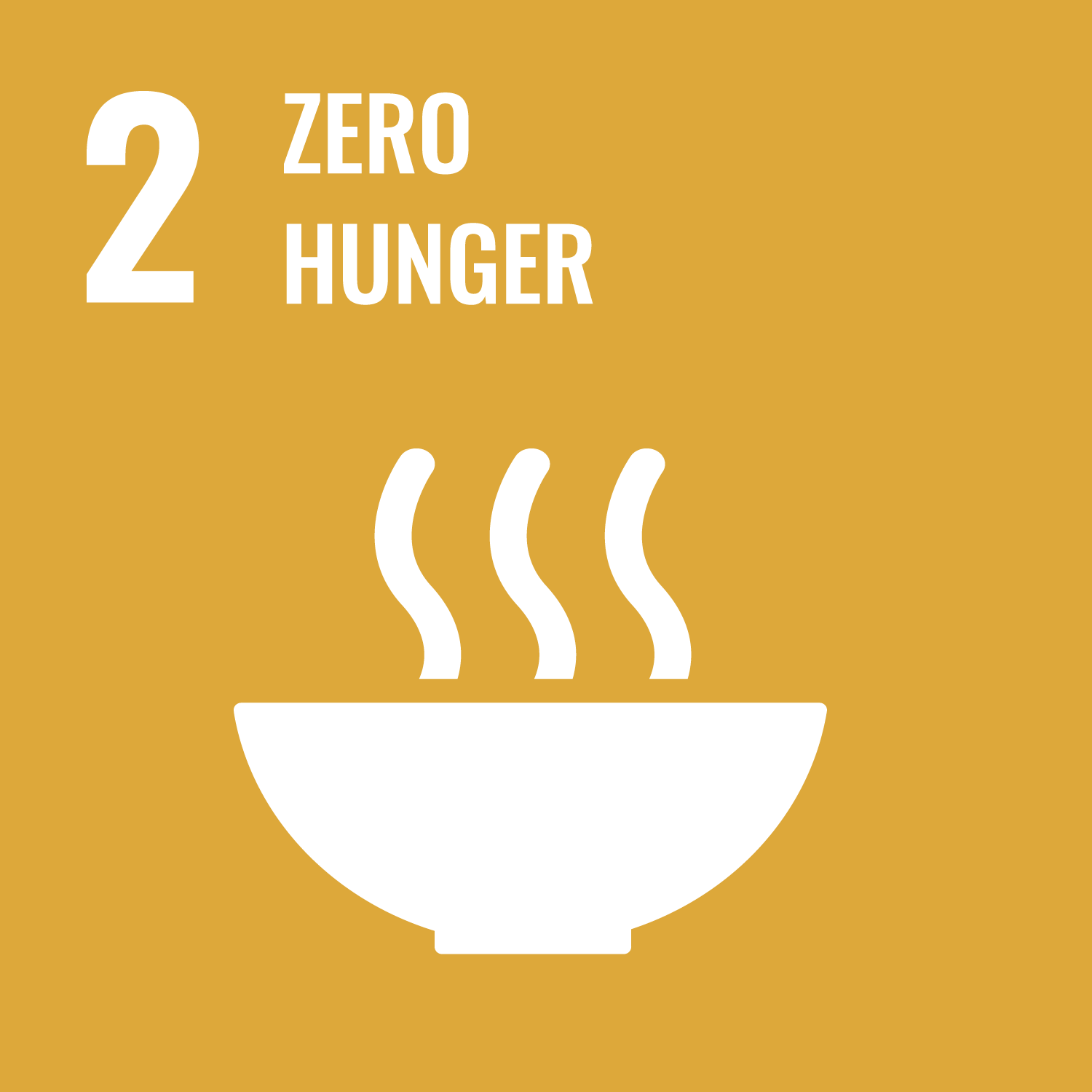 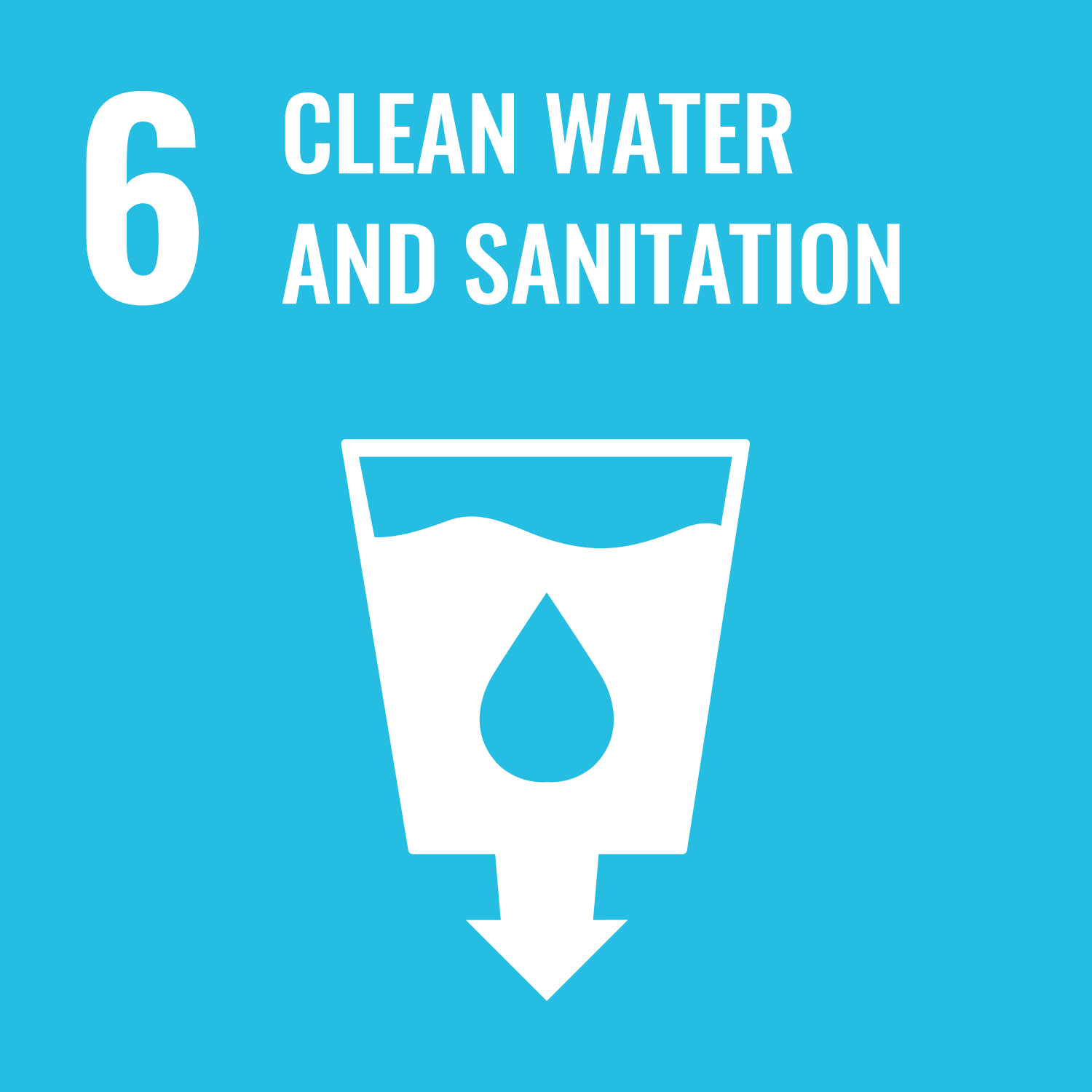 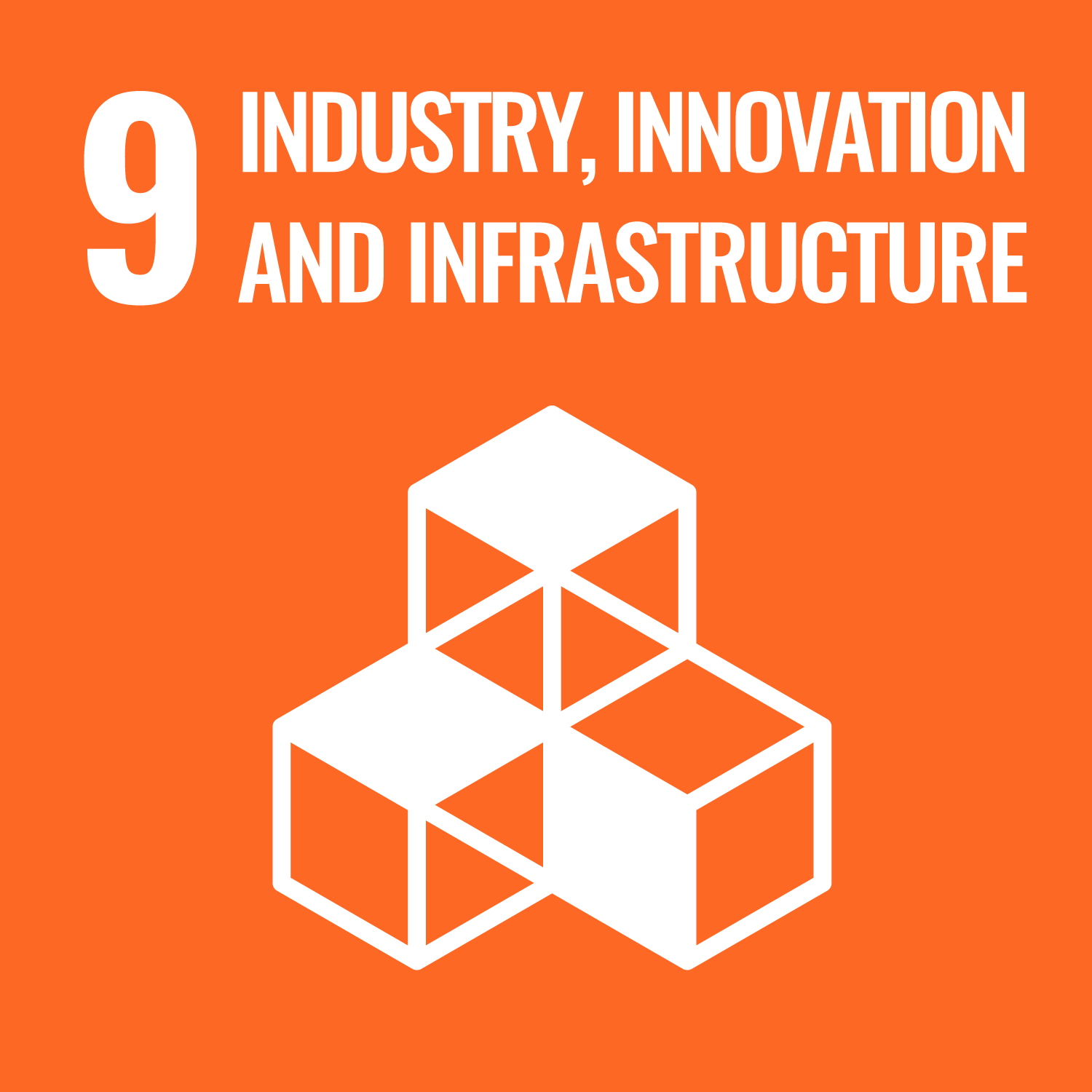 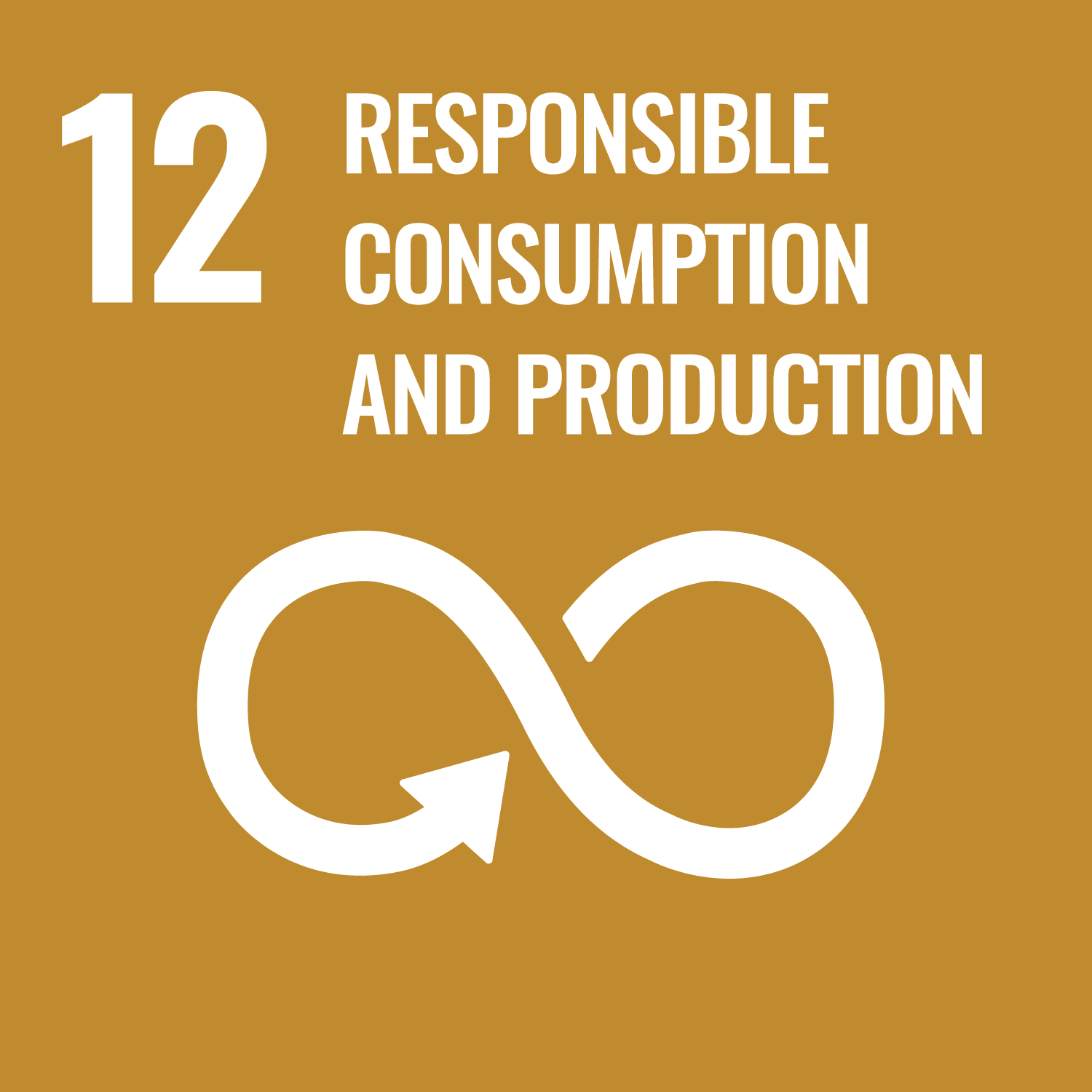 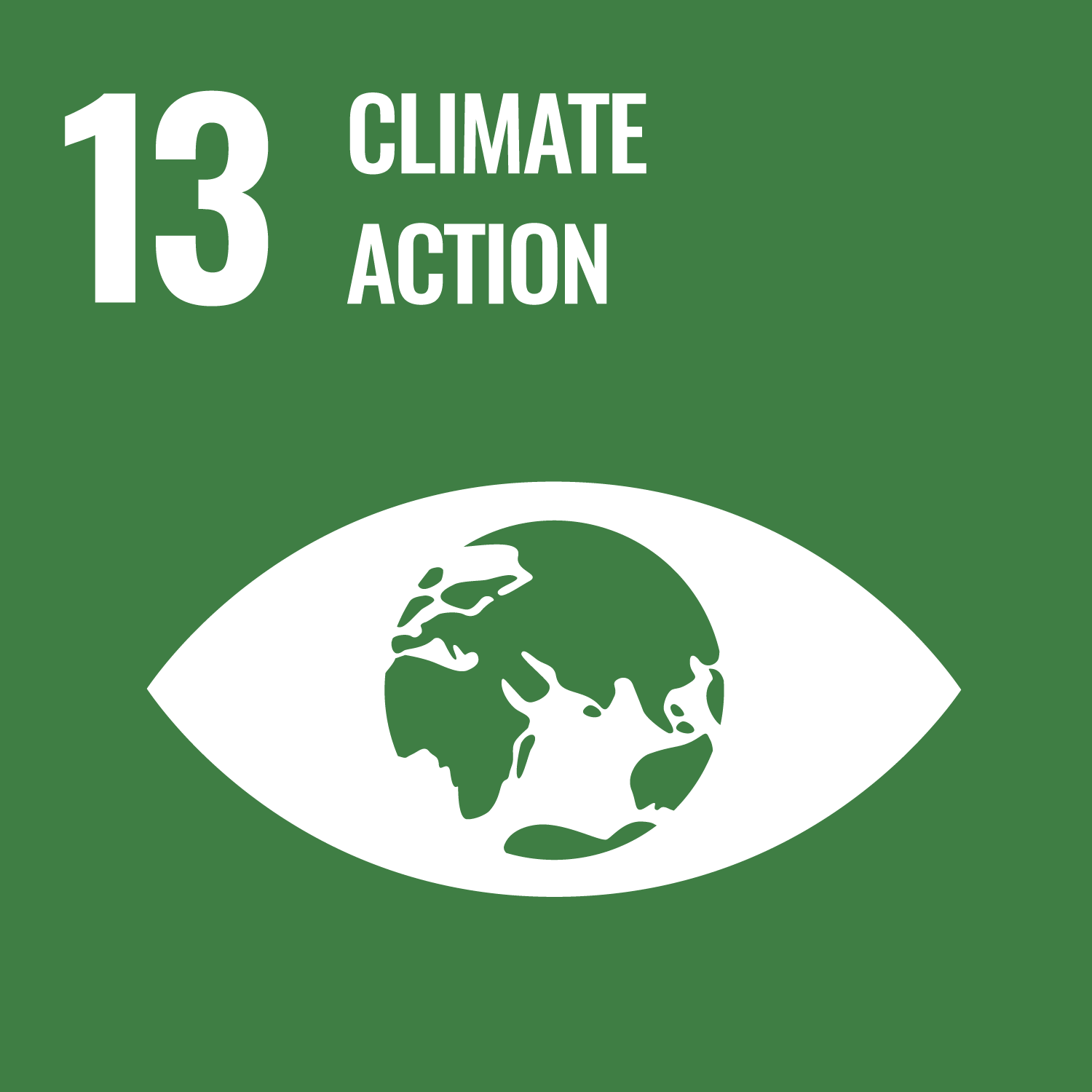 |
|
| Education and community dialogue | 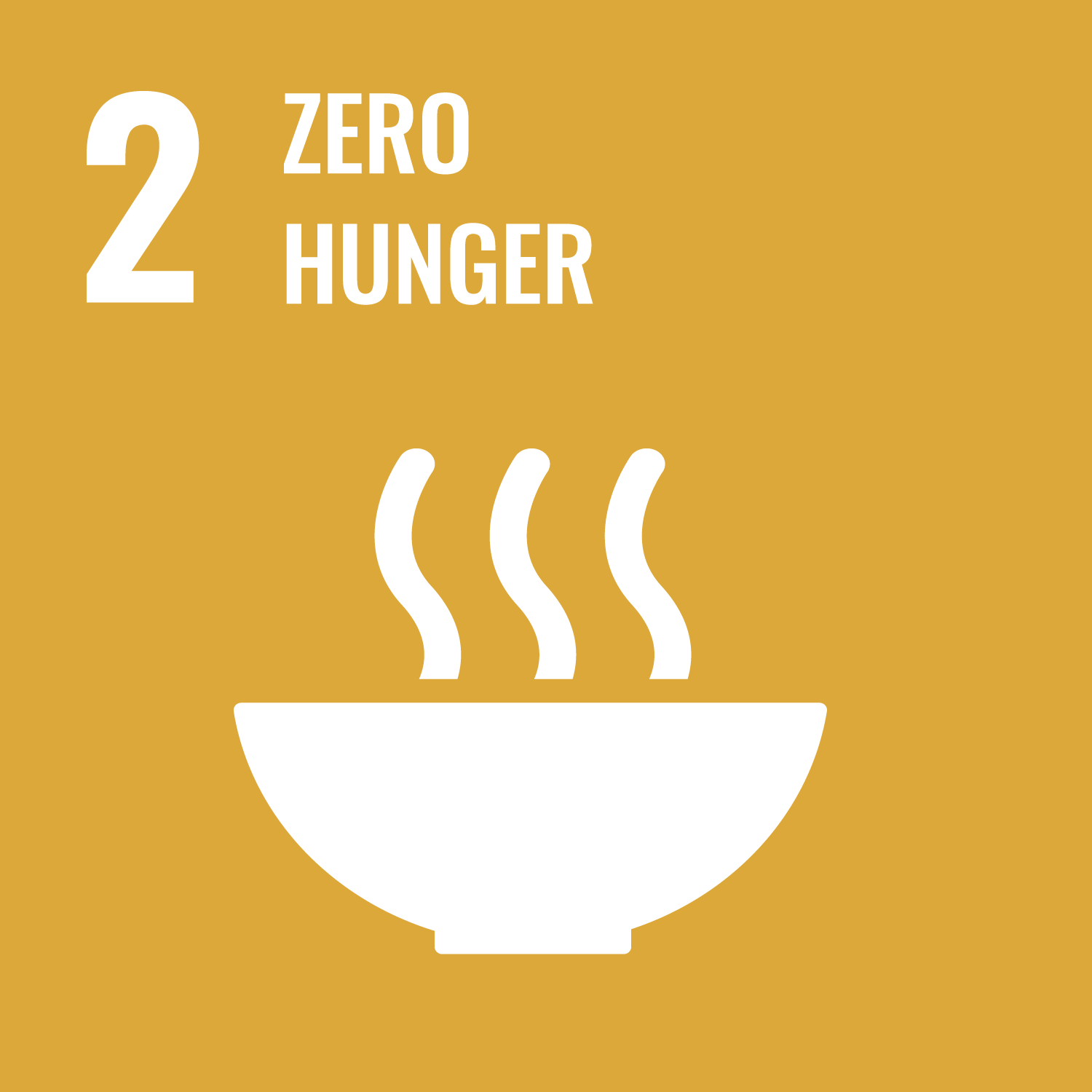 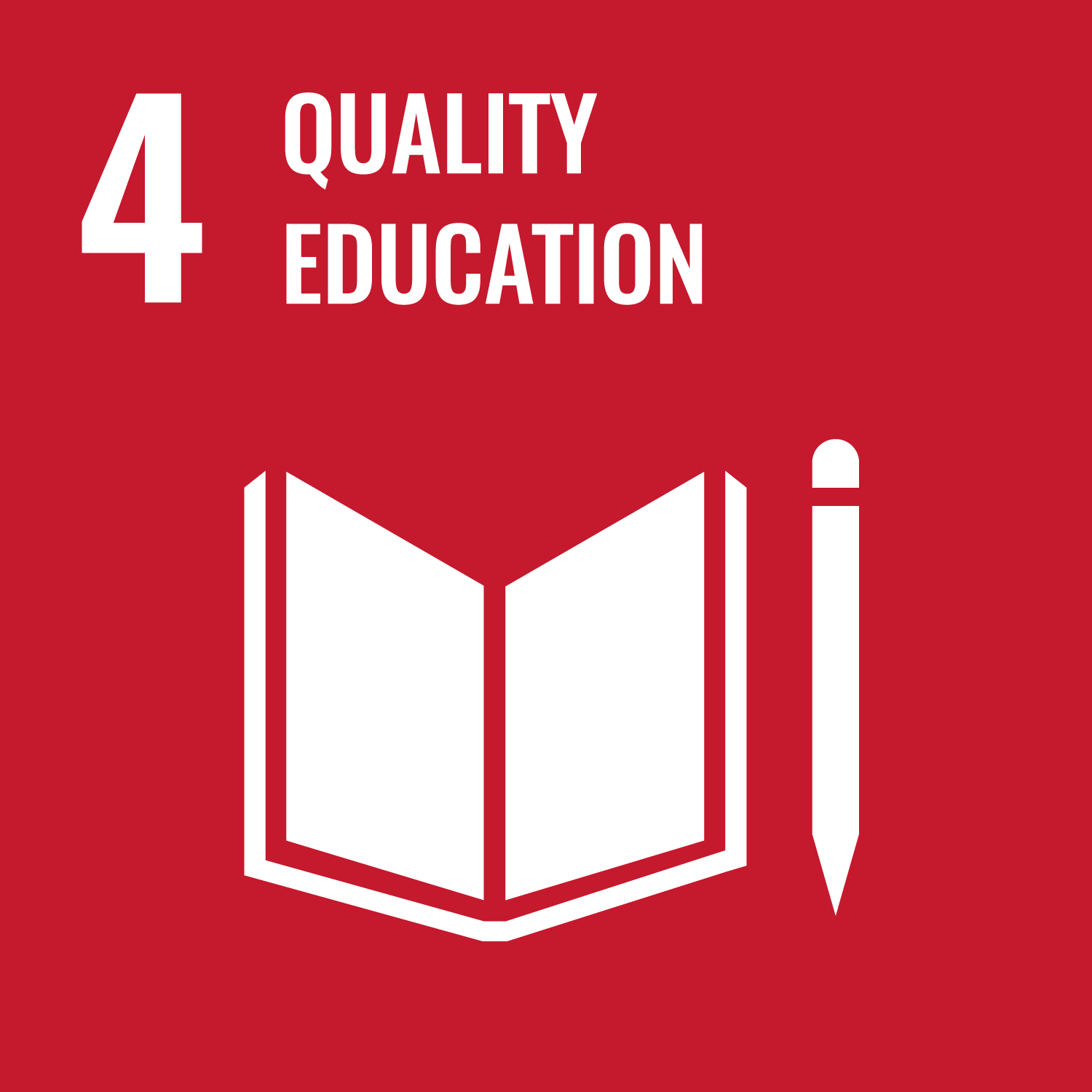 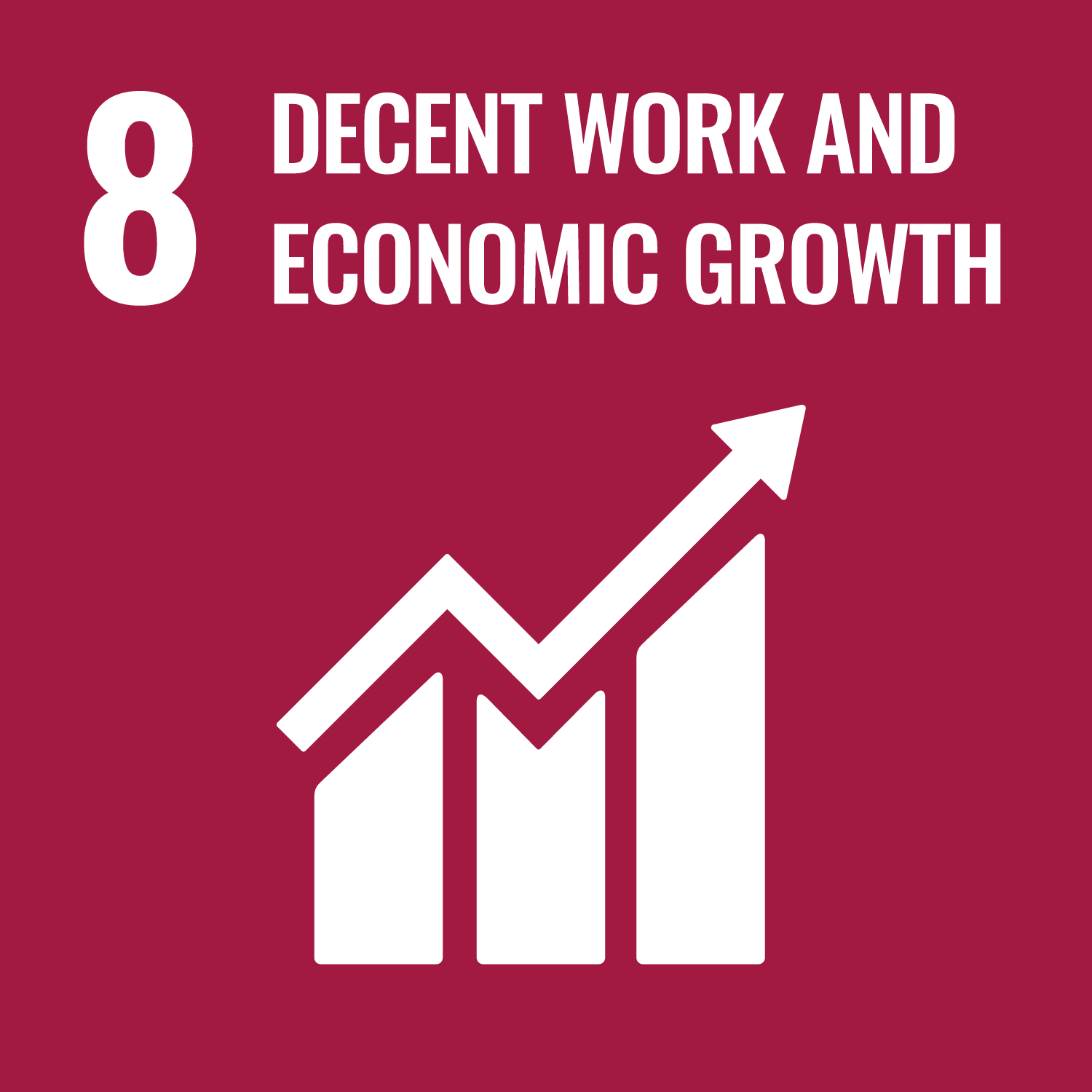 |
|
| Equality, diversity and transparent dialogue | 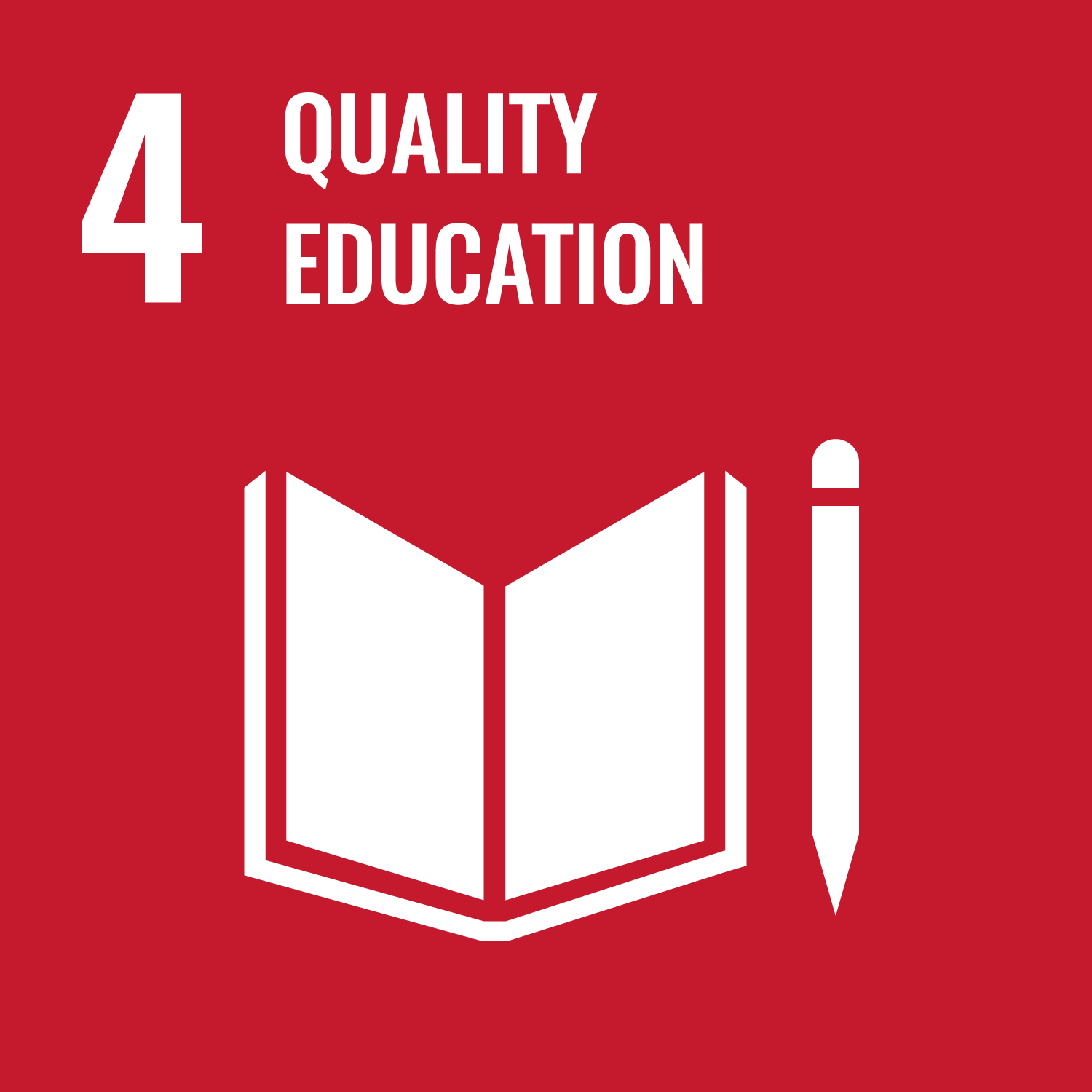 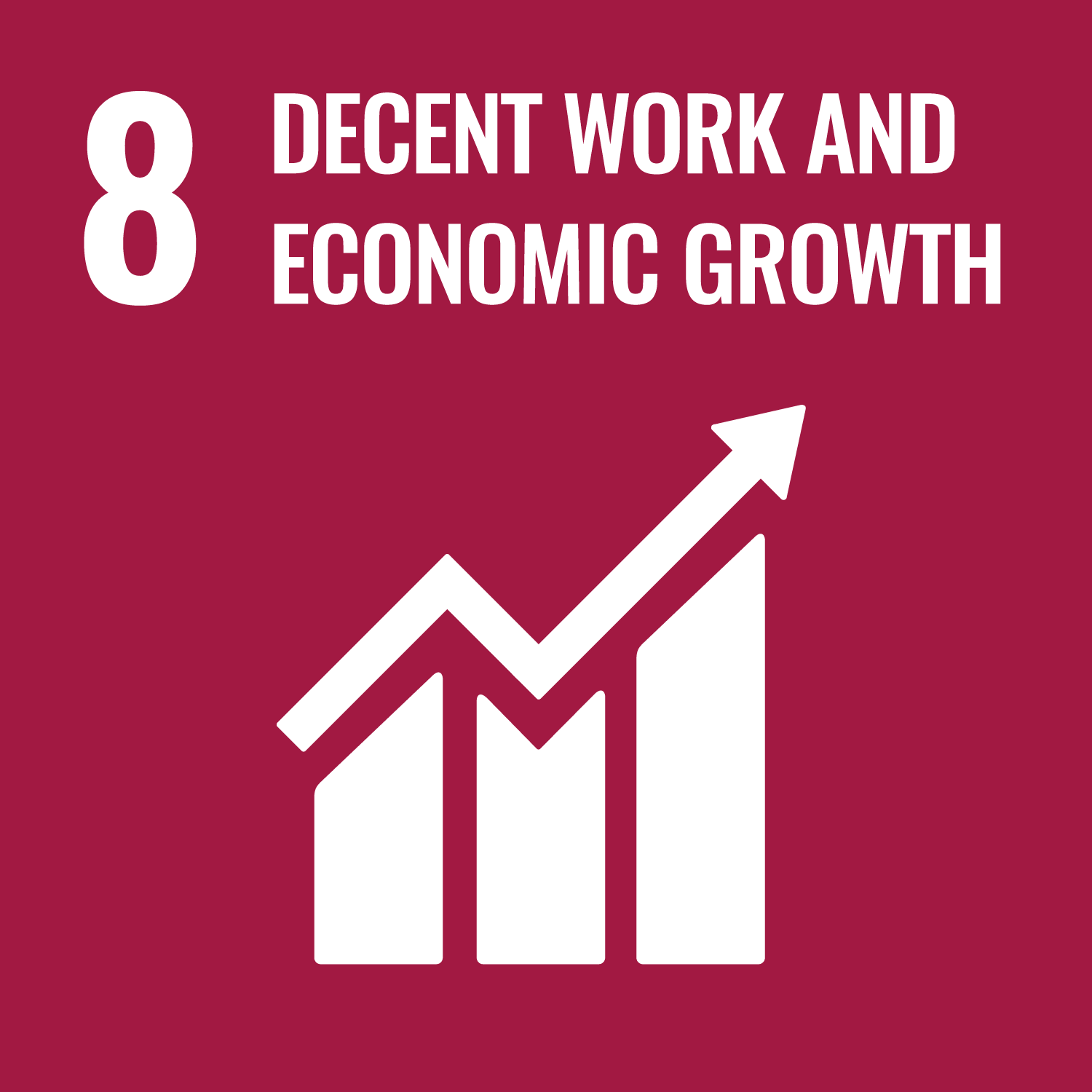 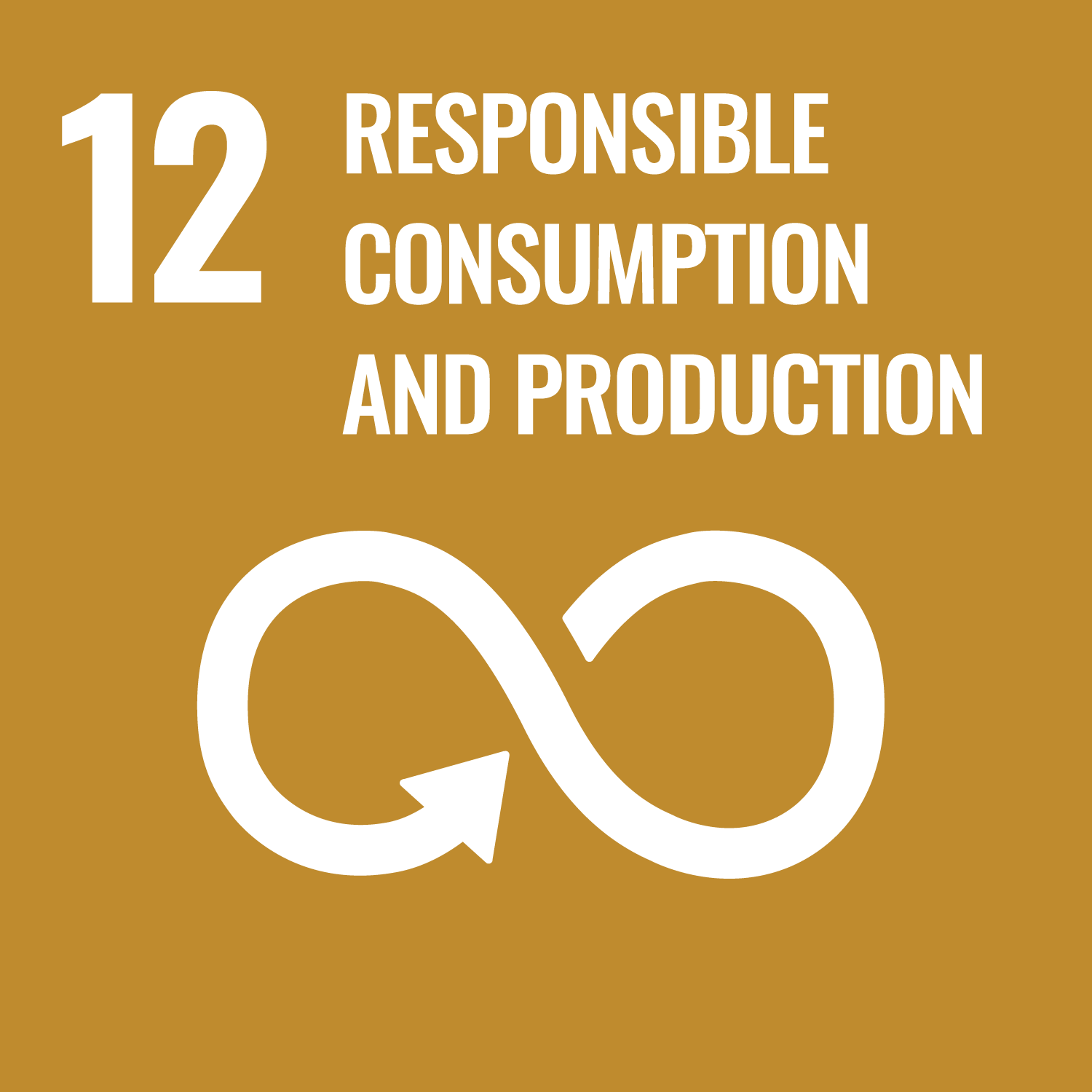 |
|

The bulk of raw materials used by our organisation come from third-party suppliers. Therefore, our key strategic goal in the feedstock area is to ensure the security and continuity of supplies. At the same time, we are aware that the cost of raw material purchases has so far accounted for as much as 70% of the Grupa Azoty Group’s total operating expenses. For this reason, we intend to continue efforts aimed at more efficient utilisation of our own feedstock assets.
Feedstock sourcing will focus on growing the share of green energy in the Group’s mix and improving control over the carbon footprint of raw materials sourced from third-party suppliers.
Objectives of our feedstock strategy:
- preserve the continuity of natural gas supplies,
- maximise in-house feedstock production capacities,
- improve feedstock management at the level of the Group and individual business segments,
- continue to purchase energy feedstocks under the Group’s common procurement policy,
- work with partners who produce feedstocks with the minimum carbon footprint.

Our goal is to deliver new and improved products of high quality and maintain our competitive advantage in the long term. We estimate our expenditure to be incurred on research, development, pilot units and innovation in 2030 at 2–3% of the Grupa Azoty Group’s revenue.
Innovation strategy is about:
- Supporting corporate projects
- by the end of 2024 – creation of common agronomic research infrastructure for all Group entities
- providing corporate support for non-product innovations to streamline the Group’s business areas and services at the companies.
- Developing an innovation system
- implementing by 2025 and maintaining in place a defined innovation management system and developing tools to support R&D&I
- implementing and developing programmes designed to drive innovation, including internal programmes dedicated to employee innovation and innovation financing schemes.
- Innovation projects
- harmonising the new product development system at the Grupa Azoty Group by 2022 for more efficient use of internal resources
- providing high quality new and improved products
- maintaining long-term competitive advantage by flexibly and swiftly responding to market trends relevant to products offered and by creating new trends in niche technologies.
- Innovation geared towards minimising the impact of regulatory risks
- readiness of the R&D area to protect Grupa Azoty’s existing products against the impact of regulatory changes and preservation of existing sale markets
- participating in consultation of draft regulatory changes to be able to influence such changes initiating new solutions and thus build competitive advantage
- setting up a system for monitoring products, feedstocks and technologies used by the Grupa Azoty Group.
Our innovations implemented in 2021 are described in more detail here.

The three pillars of operational excellence strategy are as follows:
Logistics
- fast and efficient fulfilment of the needs of business segments
- development of IT tools in logistics
- advancing intermodal transport with a focus on environmentally-friendly modes
- expansion of the sea port in Police
- development of the river port in Kędzierzyn-Koźle
- exploiting the potential of the Oder Waterway
- expansion of the companies’ storage resources
- reduction of the cost of using external warehouses.
Capital assets management
- improving energy efficiency of chemical processes
- implementing IT tools to support the process of production monitoring and planning, leading to improved product quality, increasing production efficiency and raising employee awareness.
IT
- uniform, coherent and integrated IT architecture
- central IT security management and implementation of monitoring systems based on artificial intelligence
- developing and building IT capabilities, improving service levels within the Grupa Azoty Group and offering IT services to external customers.
2030 Strategy in figures:
following completion of the strategic CapEx programme
relative to 2020
related to purchased electricity

‘Green Azoty’ is the flagship project of the 2030 Strategy, which will change the environmental identity of our Group.
Key objectives of the Green Azoty project:
- environmentally-minded diversification of raw material supplies
- delivery and reporting of the ESG Strategy
- implementation of technological solutions involving renewables as alternative green energy sources
- striving towards decarbonisation and reduction of harmful environmental emissions
- R&D projects corresponding to the objectives of the European Green Deal
- Green Hydrogen and Green Ammonia projects.
We understand the gravity of climate change and environmental degradation, which pose a genuine threat to the contemporary world. At the same time, the chemical industry is characterised by large greenhouse gas emissions. This is why we feel responsible towards society for slowing down the ongoing climate change. Over the next decade, we will implement an ambitious decarbonisation programme to reduce our estimated CO2 emissions by over 800,000 tonnes in 2030.
We will seek opportunities to harness renewable energy sources, including those based on solar PV, wind, biomass and waste heat from process units. Through these efforts we will seek to achieve the status of a renewable energy producer.
Energy generation at Grupa Azoty, by source
The planned renewable energy investments will be made mainly using our own assets, but we will also seek opportunities to attract external investors. Coupled with other planned measures, such as upgrades of our coal-fired boilers and construction of new gas-fired units, RES investments will significantly reduce the carbon footprint of Grupa Azoty’s finished products.
We plan to allocate PLN 2.7 billion to energy transition initiatives by 2030. Such projects will generate annual energy savings estimated at PLN 200 million.
Our active participation in developing the European hydrogen market will be one of the pillars of the Green Azoty project. We are the largest hydrogen producer in Poland and a major hydrogen processor in Europe. We will carry out research and development work related to the production and use of green hydrogen, and continue economic and technical studies related to the production of electricity from our own renewable sources. Our goal is to reduce our carbon footprint and ultimately produce green hydrogen from electrolytic generators powered by such electricity. Work will also be continued on fuel cell development and the launch of a quality accreditation laboratory testing hydrogen for fuel cell applications in transport. As a member of the European Clean Hydrogen Alliance, in the coming years the Grupa Azoty Group will actively participate in the work on European regulations regarding the classification of hydrogen of a green fuel. In addition, the Group intends to actively search for technological, investment and acquisition opportunities related to green ammonia.
See our participation in developing the hydrogen market in Poland
The Green Azoty project will bring about change with respect to a significant part of our R&D activities. We want to direct the efforts of our Group’s experts towards the achievement of climate objectives. The new projects will include: biodegradable coatings for granular fertilizers developed in collaboration with Compo Expert, fertilizers for application in forest areas, urease and nitrification inhibitors and fertilizer formulas enriched with micronutrients from utilised waste streams. We will step up our efforts in precision farming, thus contributing to the European Commission’s overall objective for the Agro area, which is to increase the efficiency of fertilizer use.

BEST PRACTICE
‘Green Azoty’ is also about:
- activities related to electric mobility and development of fuel cells and materials for their production,
- implementation of recycling technologies for polymer plastics (polyolefins, polyamides),
- phosphorus and potassium recovery from alternative sources,
- exploring the possibility of carbon sequestration, that is injecting CO2 into depleted mining sites,
- exploring the possibility of building small modular reactors (SMR) at our largest plants, thus helping to stabilise the Group’s energy mix.

EU Hydrogen Strategy:
PHASE 1 – 2020-2024:
- establishing a regulatory framework for the hydrogen market
- seeking to bolster supply and demand in the pioneer markets
PHASE 2 – 2025-2030:
- converting part of the gas grid to support transmission of renewable hydrogen over longer distances
- developing a framework for a pan-European hydrogen logistics network
- creating an open and competitive hydrogen market
PHASE 3 – 2030-2050:
- decarbonising ‘difficult’ sectors of the economy, including aviation, shipping and construction
- using around one-fourth of renewable electricity to generate renewable hydrogen, which will contribute to increased production of energy from renewable sources.
The fuel cell system in hydrogen-powered vehicles requires high quality hydrogen – even traces of impurities may adversely affect the performance and durability of the fuel cell. This is why at Grupa Azoty Kędzierzyn we are developing an alternative fuel laboratory, which will focus in particular on hydrogen analysis. The laboratory cooperates with a certified London laboratory and is able to assess the quality of hydrogen output and adapt it, if needed, to the requirements of ISO 14687:2019. This standard defines strict requirements for the purity of hydrogen to be used in fuel cells, including the maximum allowed contents of 13 gaseous pollutants and two other pollutants in hydrogen. We would like our laboratory to be a future centre of hydrogen fuel quality inspections in Poland.
